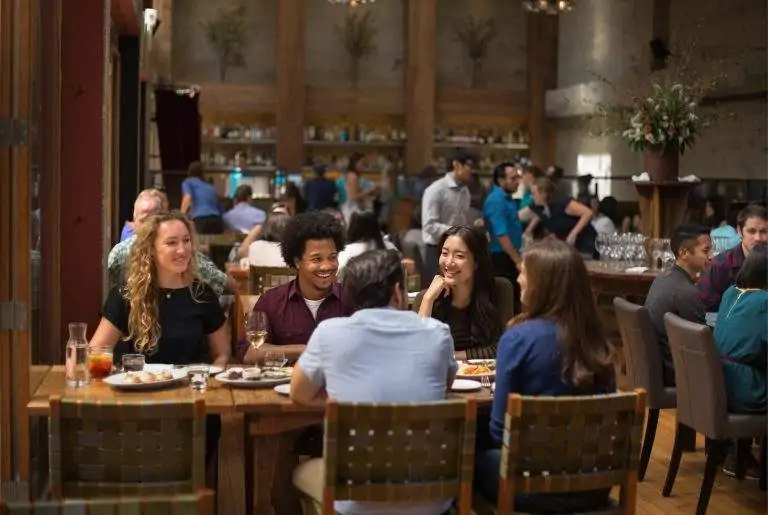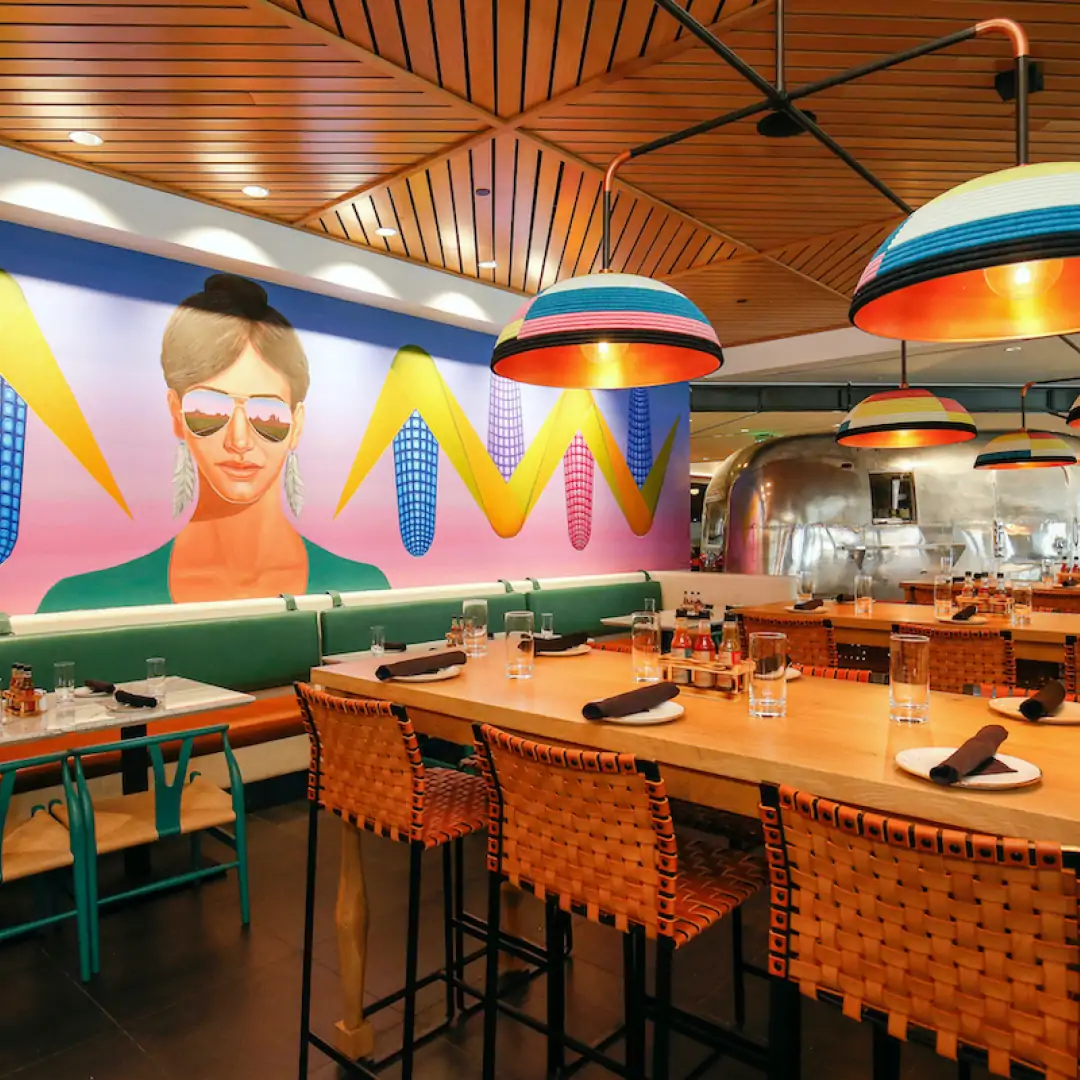Every year, OpenTable partners with restaurant associations, convention and visitors bureaus, and destination marketing organizations to promote more than 150 Restaurant Weeks across the country. Restaurant Week is a program in which restaurants in a metro area offer special affordable menus, from a two-course lunch option to a multi-course tasting experience. It’s a perfect opportunity to draw new guests into your restaurant.
Many people try restaurants for the first time during Restaurant Week. That’s a lot of first-timers you could turn into regulars. Here’s how to make Restaurant Week work best for your business and draw those newcomers back again and again.
1. Open your books
Dinner service during Restaurant Week may look a little different from your typical night, with more people booking shoulder times during the events. Plus, people planning for Restaurant Week may reserve tables further in advance than what you usually see—make sure diners looking for a table online can find what they’re looking for.
2. Train your team
Every single team member in the restaurant should be familiar with the Restaurant Week programs. Guests should be presented with special menus immediately upon sitting down—don’t make them ask for it.
If you’re offering a Restaurant Week menu, commit to it for the duration of the program. People dine out because of Restaurant Week, and sometimes they feel awkward asking for the discounted menu. They are less likely to become a repeat guest if they don’t feel welcome.
Ensuring team members are trained on promotions will also avoid uncomfortable situations, like when guests don’t receive an item that was promised on the preview menu. Even if it’s a small value—an amuse bouche or a breakfast takeaway—you don’t want anyone to feel slighted or to fall short of their expectations.
In some cases, servers are concerned that they won’t be tipped as well because of the discount component within the program. It’s important to communicate with them that over-delivering from a service standpoint is how repeat business is generated, and they’re more likely to be rewarded well for great service.
3. Build a menu around your goal
Decide in advance what your goal is for Restaurant Week. You will likely make different menu choices based on whether that goal is bringing new guests into the restaurant or increasing traffic generally.
There are numerous strategies that restaurants use to create successful outcomes from Restaurant Week programs. Some create a menu highlighting their greatest hits to showcase what they do best as an introduction for new guests.
Other restaurants may use the opportunity to experiment with their menus, trying out new dishes, a tasting menu, cocktails, or little bites, such as an amuse bouche. Customers are savvy, so if the menu on offer looks like an assembly of regularly offered a la carte items without any perceived additional value, chances are, they will notice.
Whatever the goal, take time to plan a thoughtful menu. Make sure the menu is descriptive and interesting; that everything’s spelled correctly; and that you include both your restaurant branding and the event branding. Overall, be sure to give your guests plenty of choices so you can ensure they walk away with a strong first impression.
4. Get vendors involved
Some restaurants work with their vendors to get bulk discounts during Restaurant Week in exchange for promoting their brands (for example, a salad made with greens provided by a local farm). It’s a great way to celebrate your partners and build more value into your menu.
5. Consider your pricing
If dinner at your restaurant costs $40 on a typical day, offering a $30 menu during Restaurant Week may help you reach more diners and increase your traffic overall. Balance representing your food philosophy and your brand with creating an experience that broadens your reach, and you’ll be successful in gaining new guests.
6. Build in an upsell
Along with your Restaurant Week menu, try offering beverage pairings at a supplemental price. Drinks aren’t the only opportunity to increase check averages. Offering upgrades on the food menu works well, too. For example, if you have a pasta dish, fish dish, and chicken dish, consider adding a steak dish for an extra $10.
Many guests come in specially for a Restaurant Week menu, which might provide value back to diners, but they tend to spend more on other things, such as menu supplements, drink pairings, or bottles of wine.
7. Engage on social media
The best way to get the word out about special Restaurant Week menus is through your social media channels—particularly Instagram and Facebook. In advance of the event, show off your Restaurant Week menus and dishes and encourage guests to book a reservation. Even if you haven’t built up a huge social media following for your restaurant yet, Restaurant Week is a great opportunity to get started and take advantage of the added program buzz.
Try offering special promotions or contests through your social platforms to get followers involved, and hopefully they’ll share with their own friends and followers. That helps grow your exposure on an exponential level. (And one more marketing tip outside of social media: many Restaurant Week organizers provide promo cards that you can put in your check presenters.)
8. Grow your guest database
When those new guests come in during Restaurant Week, take note. Tag and track any Restaurant Week guests who booked through OpenTable so that you can recognize them when they come back and welcome them properly. Plus, you can communicate with them via email in the future about other special events and promotions they might be interested in.
9. Offer a bounce-back promotion
Another way to bring Restaurant Week guests back in is to offer a bounce-back promotion, so that guests receive a coupon or offer on their first visit to redeem on their next one. Maybe it’s 10% off their bill or a complimentary appetizer or glass of bubbly—whatever it is, they have an incentive to come back.
Restaurant Week does mean extra work, but it also can bring outsized rewards in the form of increased revenue and new guests who discover a new favorite spot through the promotion. Use these tips to minimize the hassle and get the most out of the opportunity Restaurant Week can bring.




